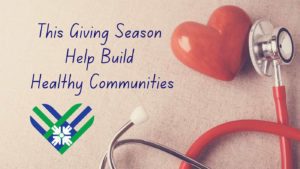The end of the year is often referred to as the giving season, a time to help others in need. In giving back, you can help provide communities with valuable needed resources.
As access to healthcare other various necessities remain a challenge for so many, highlighting the importance of charity and giving helps spread awareness. Here’s a look at why the act of giving is so important and how you can get involved.
Highlighting Health Inequities
As the world became consumed by the COVID-19 pandemic in these past years, the disparities and inequalities of the healthcare system became further exposed. According to the Center for Disease Control and Prevention (CDC), health equity is “when all members of society enjoy a fair and just opportunity to be as healthy as possible.”
Many factors affect access to healthcare and the ability for people to live healthy lives, including lack of insurance, transportation, child care, access to healthy foods, medication costs, education, and more.
Free and Charitable Clinics and Pharmacies throughout the country see these inequities everyday and work hard to help meet the needs of their communities. Each year about 2 million people turn to these 1,400 nonprofit organizations located throughout the United States for help.
This is where giving back comes in. These organizations rely on the generosity of donors and volunteers to be able to provide much needed resources in their communities.
How Giving Back Makes a Difference
Giving back can be a truly fulfilling experience. When you give back to a health nonprofit like the NAFC or your local Free/Charitable Clinic, you’ll be providing help that can improve the health and quality of life of members in your community and/or throughout the country.
Free and Charitable Clinics and Pharmacies rely on volunteers. Volunteers with a wide variety of skills and backgrounds are needed and welcomed – from non-medical backgrounds (to help with administrative and clerical tasks) to licensed healthcare professionals. You can learn more about becoming a volunteer at your local organization by visiting the NAFC volunteer webpage.
Access to food is a crucial part of a person’s health, and donating food items is a great way to give back. When it comes to donating consumables, consider non-perishable foods. According to Healthline, some of the best non-perishable foods include canned fish and poultry, dried and canned beans, soup, protein bars, and nut butters. You can reach out to your local clinic to see if they accept food donations or search for your local food bank.
Smaller acts of kindness can also make a difference. Checking on your neighbors and community members to make sure they’re doing well — both mentally and physically — can improve both their mental health and wellbeing and yours.
If you want to give back in a larger way, consider starting a free and charitable clinic in your community. With the NAFC Volunteers in Medicine Program, you can find support in the process of determining if there is a need for a clinic in your community and if so, how to start one, or how to expand the services of an existing clinic.
Why You Should Consider Giving Back
 Giving back has innumerable benefits not only for others, but for yourself — both physical and mental. Whether it’s volunteering at your local free clinic, donating to a nonprofit like the NAFC, or taking a neighbor in need to the doctor, you can also reap said benefits from your altruistic acts.
Giving back has innumerable benefits not only for others, but for yourself — both physical and mental. Whether it’s volunteering at your local free clinic, donating to a nonprofit like the NAFC, or taking a neighbor in need to the doctor, you can also reap said benefits from your altruistic acts.
The Cleveland Clinic notes the number of physical benefits one can receive — which include less depression, lower stress levels, longer life, increased self-esteem, lower blood pressure, and overall greater happiness and satisfaction. They also note that giving back increases the chances of your brain secreting serotonin, oxytocin, and the feel-good chemical of dopamine. Endorphins are also released creating what is known as the “helper’s high.”
Get Involved this GivingTuesday and Giving Season
In 2012, GivingTuesday was first conceived as a simple concept: a day to inspire good deeds among and between individuals. Hundreds of millions of people throughout the world have been inspired to give and celebrate the joy of giving ever since. The premise behind GivingTuesday is simple. Every act of generosity counts, and every person has something to contribute.
This year GivingTuesday is on November 29, the Tuesday after Thanksgiving. This GivingTuesday, join the NAFC in building healthy communities!
Learn about the many ways you can get involved this GivingTuesday, from donating to the NAFC, volunteering at a local clinic, creating a fundraiser, sharing on social media and more by visiting the NAFC website today!
You can also learn more about ways to give to the NAFC, including making an online donation, by visiting https://nafcclinics.org/get-involved/ways-to-give/ or head to the NAFC donation page!
